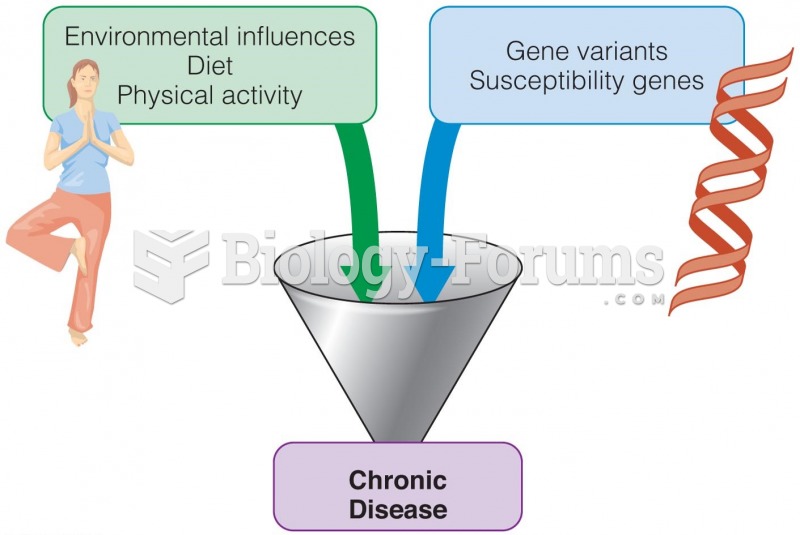Answer to Question 1
Planning ahead will be helpful.
He should stop smoking.
Physical activity and preferably in a form that induces excitement or maintained interest
Referral to cardiac rehabilitation as an outpatient would provide an avenue for continued intervention.
Answer to Question 2
Classic motor symptoms: resting tremor, rigidity, slowed movement (bradykinesia), loss of movement (akinesia), stooped posture, postural instability, mask-like facial features and shuffling gait
Cognitive dysfunctions: problems with memory, inability to complete complex tasks, inability to retrieve new information, and the development of Parkinson's disease dementia
Other symptoms include depression, anxiety, sleep disturbances, sensory abnormalities, and pain; these are commonly seen before motor symptoms.
More issues that are nutritionally related are the potential for gastroparesis, GERD, and constipation related to the muscular dysfunction and nervous system abnormalities.
Mrs. McCormick's history and physical reveals:
- Loss of movement such as decreased blink reflex and diminished postural reflexes; she also reported falling three times in the past 6 months; bilateral tremor also reported.
- The patient is experiencing anxiety owing to her trouble eating as she states that she is afraid to eat; pt is now only drinking liquids.
- Pt has a 10-year history of Parkinson's disease, which has progressed; it may be difficult for her to remember to eat, as is suggested by her muscle wasting, fat wasting, anemia, and possible dehydration.
Patient's inability to swallow , bilateral tremor, diminished reflexes, and progression of Parkinson's disease over 10 years can all affect Mrs. McCormick's ability to deliver food to her mouth, and thus affect her risk for malnutrition and poor prognosis.
Other cardinal signs/symptoms of Parkinson's disease that may contribute to nutritional risk include sensory abnormalities (changes in taste, smell), problems with memory, and the inability to complete complex tasks. Dementia and slow movements may also affect nutritional status and thus nutritional risk, for an overall reduced PO intake.








